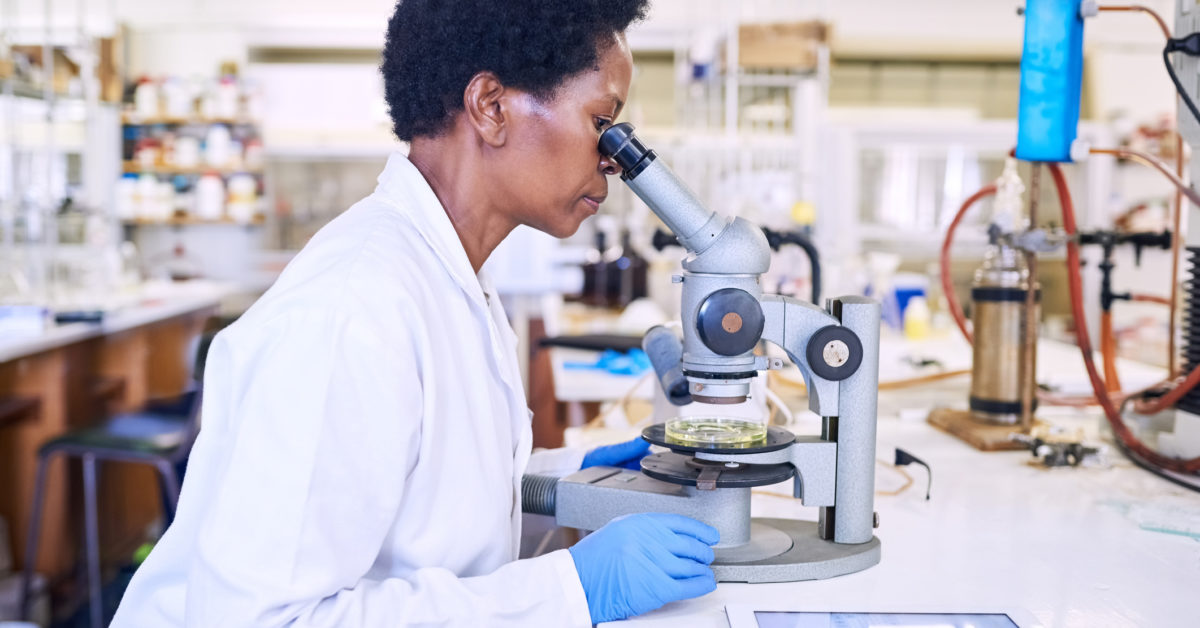Researchers have identified a mechanism by which tumors become resistant to cancer drugs.

Researchers at the University of California, Irvine, have discovered a new mechanism that explains how some tumors can develop resistance to certain cancer drugs.
The research, published in the journal Nature Communications, could help in the development of new types of medication that prevent the tumors from achieving this type of resistance.
Scientists know that tumors can develop resistance to cancer drugs. According to an overview in the journal Cancers, cancers will often respond to chemotherapy drugs initially. However, as time goes on, they can build up a resistance that makes the drugs less effective.
Many factors allow cancers to build up resistance, so doctors will usually use a combination of different drugs to try to minimize the development of resistance to any single cancer drug.
In the present study, the researchers identify how a process called macropinocytosis allows cells to develop resistance. Macropinocytosis allows cancer cells to consume other dead cells, which gives them the energy and nutrients they need to grow.
Macropinocytosis allows cancer cells to overcome two problems. Firstly, cancer drugs typically disrupt a tumor’s ability to metabolize and grow. Secondly, blood flow in tumors is often significantly disrupted, which means that the tumor cannot access energy and nutrients in the way the body normally would.
According to Prof. Aimee Edinger, UC Irvine School of Biological Sciences and co-author of th

